With this jewelry care guide, we’ll provide tips and tricks on cleaning, storing, and maintaining different types of jewelry to help you extend the lifespan of your precious pieces.
Table of Contents
This guide was last updated on 07/06/2024.
Jewelry has always been a beloved accessory for women and men alike. Whether it’s a statement necklace or a pair of diamond studs, jewelry has a unique way of adding sparkle and sophistication to any outfit. However, like any other item, jewelry requires proper care and maintenance to ensure longevity. Continue reading this free Jewelry care guide.
Introduction
Jewelry can be a significant investment, both financially and sentimentally. Therefore, taking good care of your pieces is essential to keep them looking their best for years. This jewelry care guide will provide easy-to-follow tips and tricks for cleaning, storing, and maintaining different types of jewelry.
Understanding Your Jewelry
Before reading this jewelry care guide, it’s essential to understand what materials your pieces are made of. The most common jewelry materials include gold, silver, platinum, diamonds, pearls, and gemstones. Each material requires a different level of care and attention, so it’s crucial to know what you’re dealing with before cleaning.
Check out our article about the 10 Best Fashion Tips here.
General Jewelry Care Tips

Here are some general tips that apply to most types of jewelry:
- Remove your jewelry before engaging in any physical activity or household chores, as exposure to chemicals and sweat can damage the metal and stones.
- Apply lotion, perfume, and hairspray before putting on your jewelry to prevent chemical buildup.
- Store your jewelry in a cool, dry place, away from direct sunlight and humidity.
- Avoid exposing your jewelry to water, which can cause rust or discoloration.
- After wearing your jewelry, wipe it down with a soft, lint-free cloth to remove any oils or dirt buildup.
- Light and heat can impact the longevity and color of a colored gemstone, just as the sun’s damaging rays can injure human skin. They can also fade or harm some gems over time and in excess.
- Accidents do occur. Whether a robber cleans out your jewelry box or a fire sweeps through your house, leaving nothing behind, tragedy can strike at any time. This is why it’s wise always to have your jewelry insured. You may rest easy knowing your investment is safe if something occurs to your priceless possessions.
- Ensure you know the jewelry warranty’s coverage before investing in a new piece of jewelry. The cost of repairs and replacements varies. An extended jewelry warranty, a protection plan, provides coverage to replace or repair any wear-and-tear-related flaws or breakdowns.
Cleaning Your Jewelry
Cleaning your jewelry is an essential part of jewelry care. Here are some tips for cleaning different types of jewelry:
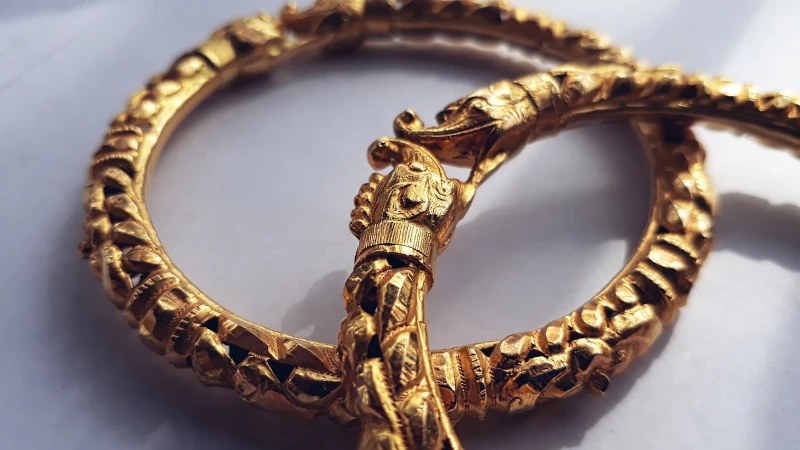
Cleaning Gold Jewelry
Gold is a relatively soft metal that can scratch easily, so handling it carefully is essential. To clean gold jewelry:
- Mix a few drops of dish soap with warm water.
- Soak the jewelry in the solution for a few minutes.
- Use a soft-bristled brush to scrub the jewelry gently.
- Rinse the jewelry thoroughly with water.
- Pat dry with a soft cloth.
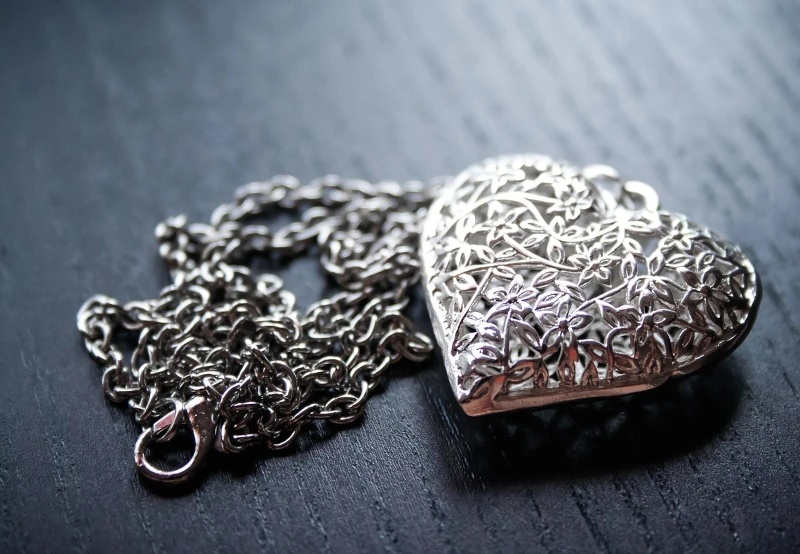
Cleaning Silver Jewelry
Silver is prone to tarnishing, so it’s essential to clean it regularly to maintain its shine. To clean silver jewelry:
- Mix a few drops of dish soap with warm water.
- Soak the jewelry in the solution for a few minutes.
- Use a soft-bristled brush to scrub the jewelry gently.
- Rinse the jewelry thoroughly with water.
- Dry with a soft cloth.
Use a silver polishing cloth or a silver cleaning solution for stricter tarnish.
Learn more about silver jewelry in our article here.
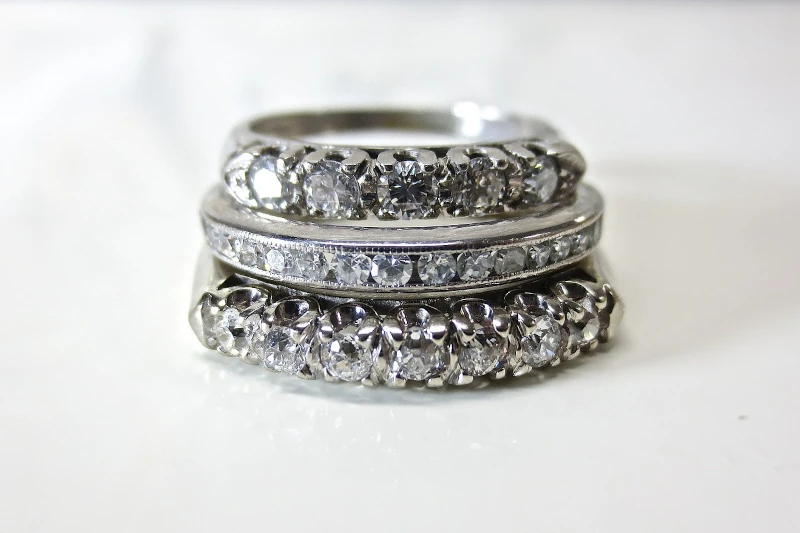
Cleaning Platinum Jewelry
Platinum is a durable metal and requires minimal maintenance. To clean platinum jewelry:
- Mix a few drops of dish soap with warm water.
- Soak the jewelry in the mix.
- Gently scrub the jewelry with a soft-bristled brush.
- Rinse the jewelry thoroughly with water.
- Dry with a soft cloth.
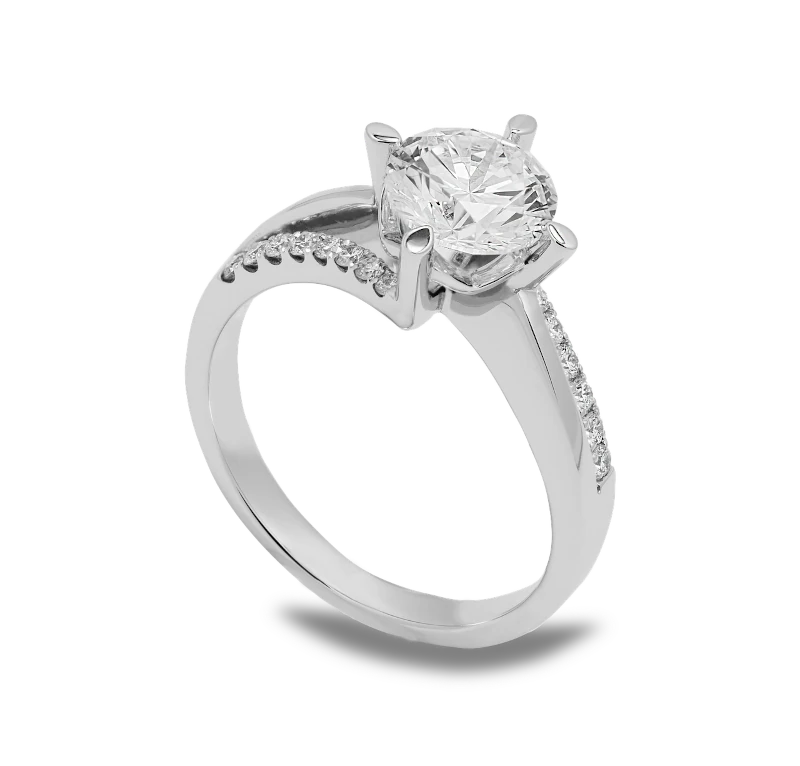
Cleaning Diamond Jewelry
Diamonds are the hardest substance on earth and can withstand most cleaning methods. To clean diamond jewelry:
- Mix a few drops of dish soap with warm water.
- Soak the jewelry in the solution for a few minutes.
- Gently scrub the jewelry with a soft-bristled brush.
- Rinse the jewelry thoroughly with water.
- Dry with a soft cloth.
Please read our complete article about diamonds. Learn everything you ever need to know.
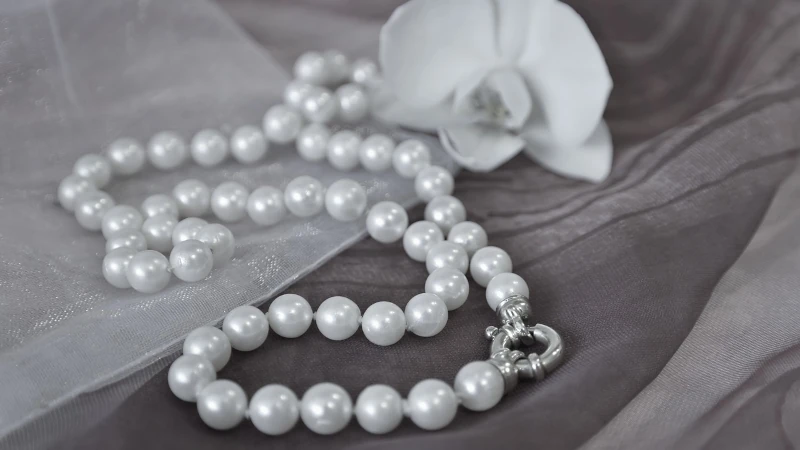
Cleaning Pearl Jewelry
Pearls are delicate and require special care to prevent damage. To clean pearl jewelry:
- Mix a small amount of mild soap with warm water.
- Dip a soft cloth in the solution and gently wipe the pearls.
- Rinse the pearls with water.
- Dry with a soft cloth.
Avoid exposing pearls to water or chemicals, as they can cause damage to the delicate surface.
Want to learn more? Check out our article about pearls.
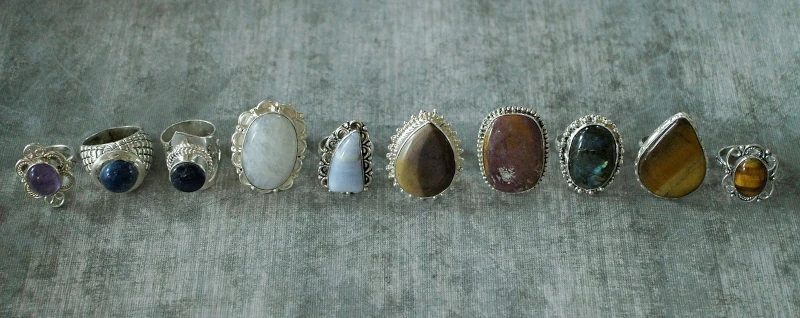
Cleaning Gemstone Jewelry
Gemstones come in various types and require specific care. Here are some general tips for cleaning gemstone jewelry:
- Check the type of gemstone and research the proper cleaning method.
- Use a soft-bristled brush to scrub the jewelry gently.
- Rinse the jewelry thoroughly with water.
- Dry with a soft cloth.
Please read our complete article about the different types of gemstones.
How often should I clean my jewelry?
Cleaning your jewelry depends on how often you wear it and the type of jewelry you have. Here are some general guidelines:
- Everyday jewelry (e.g., wedding rings, simple earrings): Clean these pieces every 1-2 weeks to remove accumulated oils, dirt, and grime.
- Occasional Jewelry (e.g., unique occasion pieces, statement necklaces): Clean before and after each use, especially if they’ve been in contact with makeup, perfumes, or lotions.
- Fine jewelry (e.g., high-quality gemstones, precious metals): Clean every 2-3 months to maintain luster and shine. This type of jewelry tends to be more durable and less prone to tarnish.
- Silver Jewelry: Silver jewelry is prone to tarnish, so it’s a good idea to clean it every 2-3 weeks, especially if exposed to air or moisture.
- Antique or Delicate Jewelry requires extra care. Clean them gently and infrequently, and consider seeking professional cleaning for valuable antiques.
- Gemstone Jewelry: Different gemstones have varying levels of hardness and sensitivity. Some may require more frequent cleaning, while others can go longer between cleanings. Research the specific care instructions for each gemstone in your collection.
Remember, it’s essential to handle your jewelry with care. Avoid using abrasive materials or harsh chemicals, and always pat dry with a soft cloth after cleaning. If you’re unsure how often to clean a specific piece, consult a professional jeweler for personalized advice.
Storing Your Jewelry
Proper storage is essential to prevent damage to your jewelry. Here are some tips for storing your jewelry:
- Store each piece of jewelry separately to avoid scratches and tangling.
- Use a jewelry box with compartments or a soft cloth pouch to store your jewelry.
- Keep your jewelry in a cool, dry place, away from direct sunlight and humidity.
- Avoid storing your jewelry in airtight containers, which can cause moisture buildup.
Traveling with Your Jewelry
When traveling with your jewelry, take extra precautions to ensure it stays safe and secure. Here are some tips for traveling with your jewelry:
- Pack your jewelry in a small pouch or a jewelry case.
- Store your jewelry in your carry-on bag to prevent loss or theft.
- Avoid wearing your jewelry while traveling, as it can get damaged or lost.
Maintenance and Repair
Regular maintenance and repair can extend the lifespan of your jewelry. Here are some tips for maintaining and repairing your jewelry:
- Have your jewelry inspected by a professional jeweler regularly.
- Get your jewelry cleaned and polished by a professional jeweler annually.
- Store your jewelry in a safe place when not in use.
- Repair any damaged or loose stones promptly to prevent further damage.
For more tips, check out this article.
Conclusion
In conclusion, taking care of your jewelry is essential to owning and enjoying it. With these tips and tricks, you can keep your precious pieces looking their best for years. Remember to understand the materials, clean and store your jewelry correctly, and maintain and repair it regularly. Let us know in the comments if you want to add anything to this jewelry care guide.
Frequently Asked Questions
Can I clean my jewelry with toothpaste?
While some people use toothpaste as a makeshift jewelry cleaner, it’s not recommended. Toothpaste can be abrasive and may scratch certain gemstones and metals. For a safer option, stick to mild dish soap and warm water.
Can I wear my jewelry in the shower or while swimming?
It’s best to avoid wearing jewelry in the shower or while swimming. Chlorine, salt water, and harsh chemicals can damage metals and gemstones, leading to discoloration or deterioration.How can I prevent my silver jewelry from tarnishing?
Store your silver jewelry in a cool, dry place, and avoid exposing it to chemicals or moisture.
Can I store my jewelry in a plastic bag?
No, plastic bags can cause moisture buildup, damaging your jewelry. It’s best to store your jewelry in a jewelry box with compartments or a soft cloth pouch.
What should I do if my jewelry gets scratched?
A professional jeweler can often polish out minor scratches on metals. However, deep or significant scratches may require more extensive repair work.
Can I get my jewelry wet if it’s labeled as water-resistant?
Water-resistant jewelry can withstand brief exposure to water, but it’s still best to avoid prolonged immersion or harsh conditions. If it comes into contact with moisture, rinse it with clean water, and pat dry promptly.
When should I take my jewelry to a professional jeweler for maintenance?
If your jewelry has loose stones, significant damage, or needs intricate repair work, it’s best to consult a professional jeweler. Additionally, periodic professional cleanings and inspections can help maintain the longevity and beauty of your pieces.

Pashalis Laoutaris
I am a professional writer, fashion blogger, and owner of the site https://laoutaris.com. I have more than 20 years of experience as a salesperson in the fashion industry and 10 years of experience as a fashionista. I consider myself a true fashionista. I write daily blog articles about fashion, tools and converters, and everything you need to know about current fashion trends.
Share this article
Our Latest Articles
Laoutaris Recommends
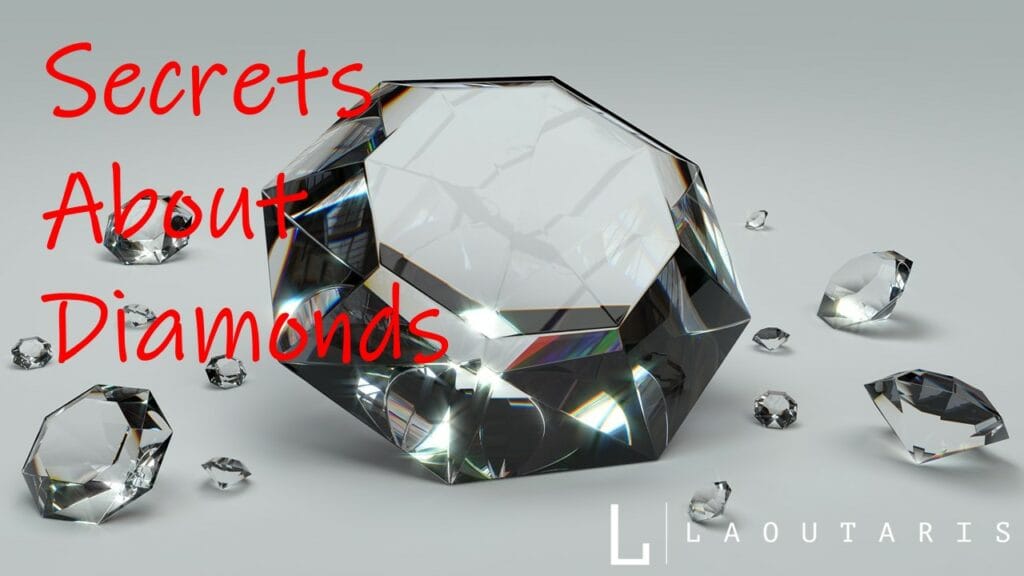
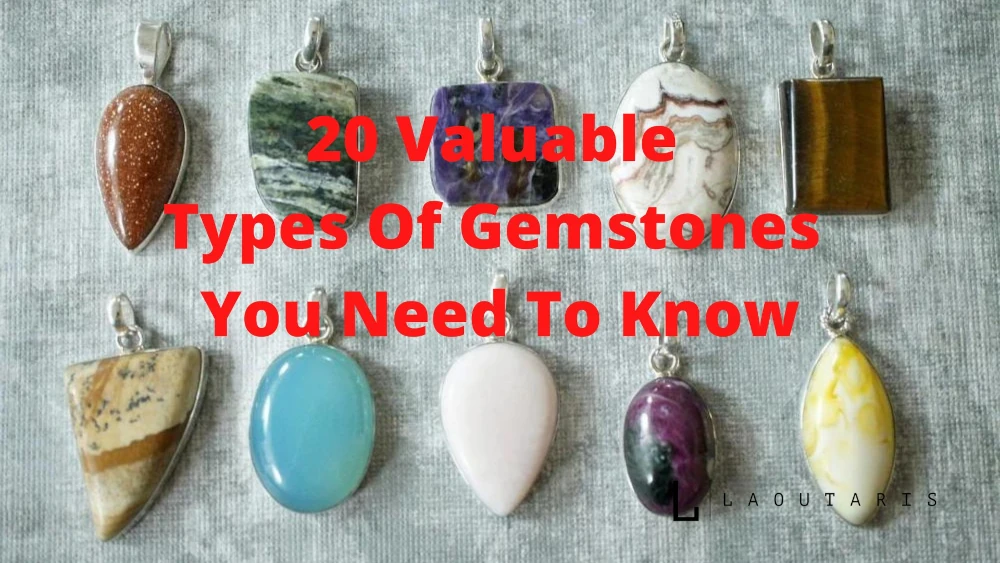
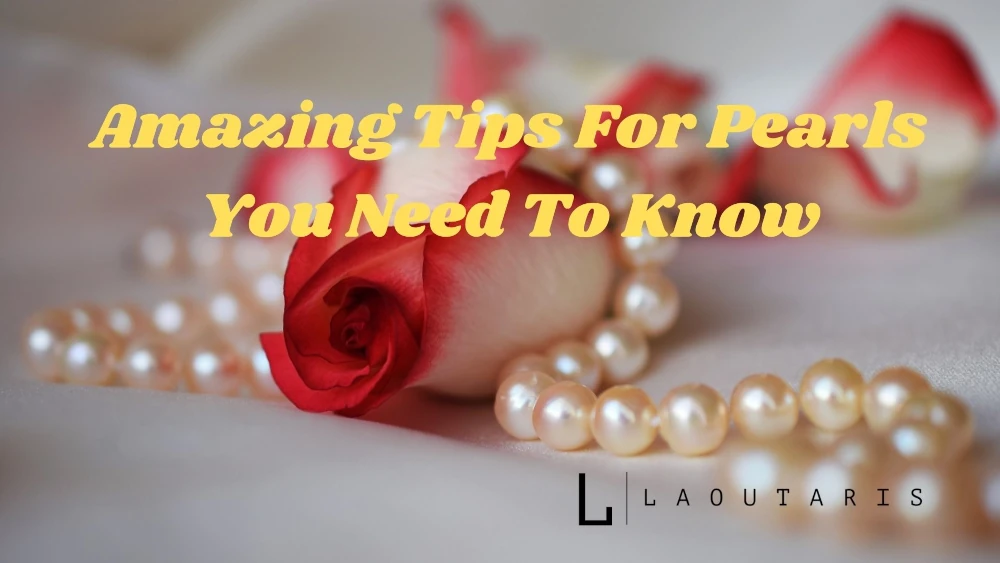


Very interesting info!Perfect just what I was searching for!
hi!,I really like your writing so much! percentage we communicate more about your post on AOL? I need a specialist on this space to resolve my problem. Maybe that is you! Looking ahead to see you.
I am constantly thought about this, thanks for posting.